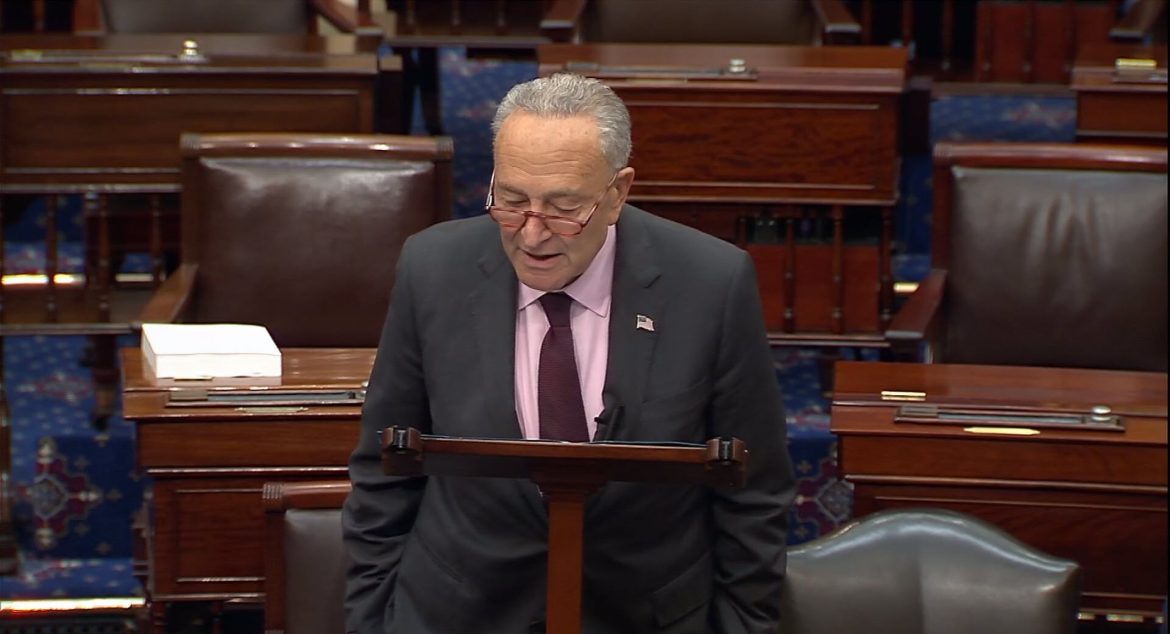Senate Majority Leader Chuck Schumer outlined plans to expedite a comprehensive national security package intertwining funding for Ukraine, Israel, and the Indo-Pacific region in a missive to Democratic colleagues. Highlighting the urgency, Schumer stressed the necessity of ensuring adequate military capabilities for the U.S., Ukraine, Israel, and allies in the Indo-Pacific to counter adversaries. However, progress on the package encounters a roadblock as Senate Minority Leader Mitch McConnell and House Speaker Mike Johnson demand tightened immigration laws in exchange for increased Ukraine aid, injecting a partisan issue into otherwise bipartisan priorities.
The impasse over the national security assistance package arises from Republican insistence on tethering border policy to crucial Ukraine aid, a move criticized by Schumer for injecting historical partisan discord into critical bipartisan agendas. Amid Thanksgiving negotiations, Schumer urged swift bipartisan collaboration to navigate through the deadlock. Nevertheless, challenges persist in the House, where conservative factions have resisted additional funding for Ukraine or linking it with Israel. Moreover, progressive voices within Schumer’s own party advocate attaching humanitarian conditions to aid for Israel, potentially complicating the already contentious negotiations.
The White House’s October funding request includes substantial allocations—$13.6 billion for border security, $61 billion for Ukraine, over $14 billion for Israel, and $7.4 billion for Taiwan and the Indo-Pacific region. As Schumer presses for progress, he forewarns senators of potential extended sessions, weekends in December, and emphasizes the necessity of staying in Washington until the critical legislative work is completed. Additionally, he promises classified briefings on Ukraine and proposes a resolution to bypass a Republican hold obstructing military nominees, illustrating the multifaceted challenges compounding the path to secure critical national security funding.



